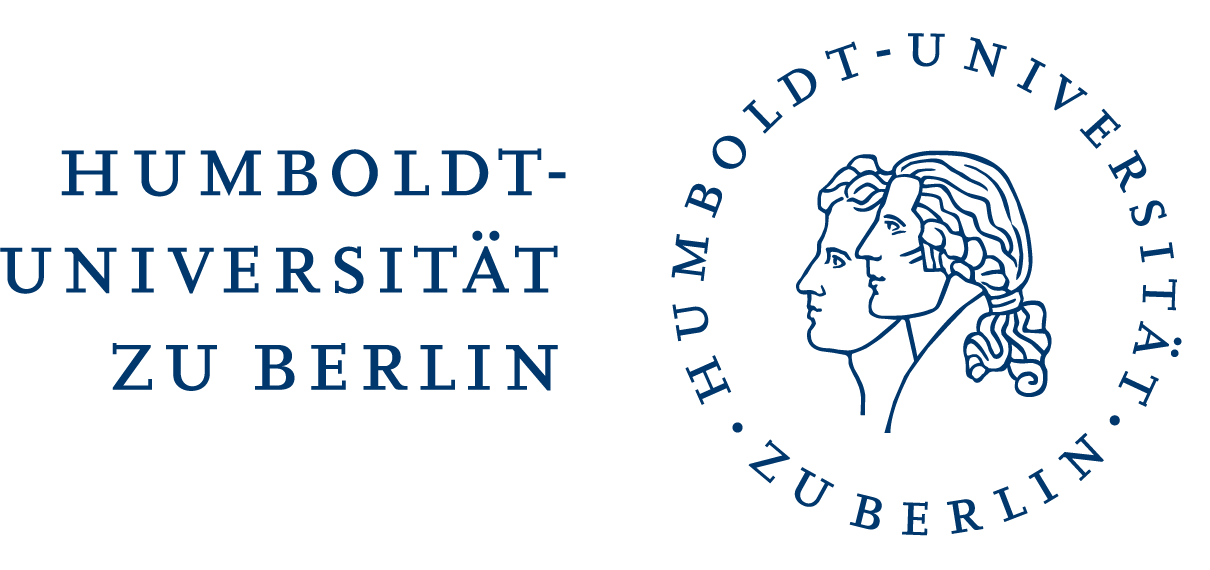Date:
04.12.2024, 09:00-16:00
Location:
UL6, Room 2249 A
Language:
German/English
Organized by:
IC D2MCM, WG Git+Environment
Register here:
iz-d2mcm.contact@hu-berlin.de
Contact:
iz-d2mcm.contact@hu-berlin.de

A Good Git Day
Working with HU-GitLab from Getting Started to Automating Data and Software Version Control and Management
Version control for software and data is a crucial aspect of our academic work in the digital humanities, cultural studies, and social sciences. Workshop Part A guides beginners on how to effectively and efficiently use GitLab. Stephan Druskat’s presentation (Part B) focuses on automated software documentation and potential development opportunities for research data. Part C demonstrates how to transition from manual data or software maintenance to automated testing of software (C Track 1) and data (C Track 2).
Location: Room 2249 A, Humboldt-Universität zu Berlin. Main building. Unter den Linden 6, 10099 Berlin.
Registration:
You can register for each workshop part A, B, and C (Track 1 or Track 2) separately. Part A is designed for beginners, Part B is suitable for all levels of experience, and Part C in the respective tracks is intended for experts.
Registration via E-Mail (iz-d2mcm.contact@hu-berlin.de) by 22.11.2024.
Contact: Thomas Krause (WG Spokesperson) and Carolin Odebrecht (WG Coordination) (iz-d2mcm.contact@hu-berlin.de)
Note for students: No ECTS/LP can be obtained for participation in the workshop. Certificates of attendance for individual program sections can be provided. Please do not hesitate to contact us.
Program:
| Time | Slot | Description |
|---|---|---|
| 09:00-11:00, Room 2249 A | A-Beginners: Get Gitified. Version Control of Data and Software using GitLab. Carolin Odebrecht | Workshop (Language German): Creating, editing, and managing data and software in teams are central tasks when producing research data and developing research software. Often, we work in teams with different roles that require explicit management and organization of edit states. This raises questions such as: How can we collaborate on data/software effectively? How can we make each change traceable? How can we determine the current state of edits? To address these challenges, version control systems like GitLab offer powerful tools for collaboration, tracking changes, and maintaining an overview of project status. |
| 11:00-11:15, Room 2249 A Foyer | Break with small refreshments | |
| 11:15-12:15, Room 2249 A + Zoom (ID: 661 7165 7800) | B-All Levels: Automating research software publication with rich metadata: what can we learn for research data publication? Stephan Druskat. (Zenodo: 14265448) |
Talk (Language English): Similar flavours of the FAIR principles apply to both research data and research software. To comply with them, digital research artifacts and their metadata should be published under persistent identifiers. The respective publication process is often manual and arduous, but can be automated for research software using HERMES workflows in continuous integration systems. In this talk, I explore the possibilities of transferring the HERMES workflow principles to the FAIR publication of research datasets. |
| 12:15-13:00, Room 2249 A Foyer | Break with small refreshments | |
| 13:00-15:30, Room 2249 A | C-Experts: Track 1: Testing Python Research. An Introduction. Thomas Krause. | Workshop (Language German): Before research software works as expected, much effort is often invested in manual testing to ensure that the correct results are produced. In this workshop, we will learn techniques to automate testing with Python research software. Basic knowledge of Python is required. |
| Room 1066 | C-Experts: Track 2: Continuous Quality Control for Efficient Publication and Archiving of Research Data. Martin Klotz | Workshop (Language: German): Using the example of linguistic corpora, this workshop will demonstrate how to ensure efficient processes from development to publication and archiving of predominantly continuously evolving research data using CI/CD, and how to better distribute resources necessary for data development. The workshop also aims to convey that the techniques shown can be applied beneficially to data from other disciplines and datasets with shorter or less life cycles. Participants are welcome to bring their own research data, but access to services of the CMS of Humboldt-Universität is required. |
| 15:30-16:00, Room 2249 A Foyer | Feedback and Next Steps |

